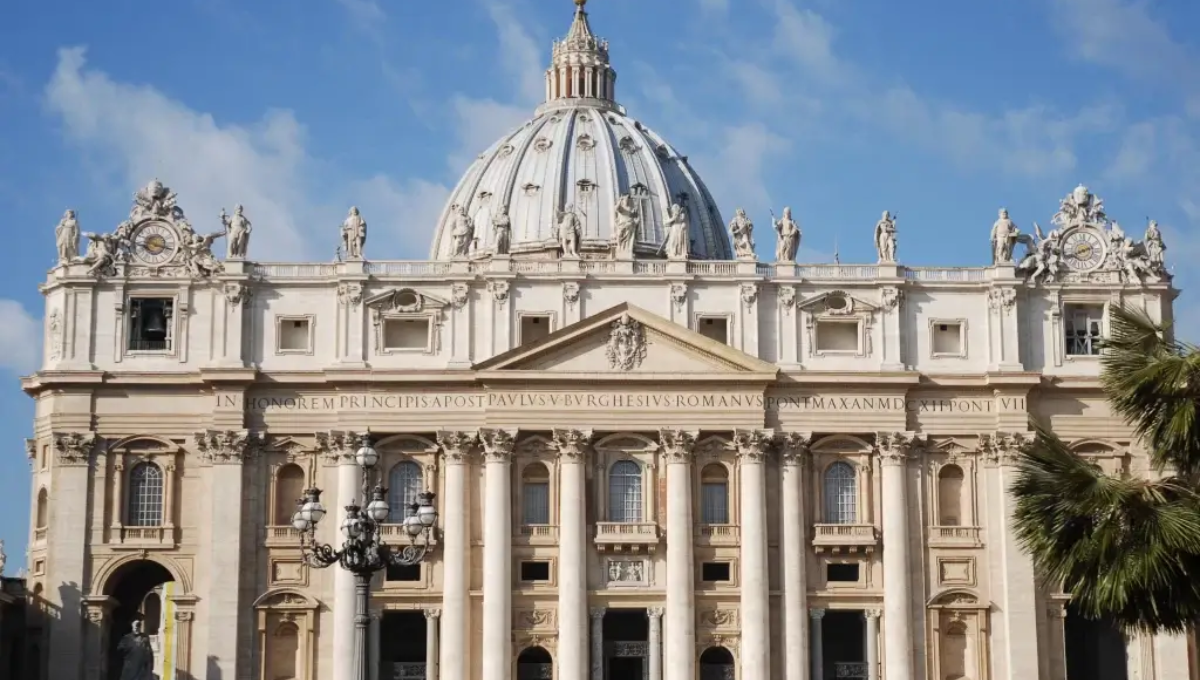From Sacred to Secular: An Exploration of Indulgences in the Catholic Church and Modern Society
From Sacred to Secular
An Exploration of Indulgences in the Catholic Church and Modern Society” delves into the historical and contemporary significance of indulgences. It examines how the concept has evolved from its religious roots within the Catholic Church to its relevance in today’s secular society.
In the intricate tapestry of human history, the interplay between spiritual belief and economic power has crafted unique practices and paradigms. One such paradigm is the practice of selling indulgences within the Catholic Church, where grace was seen as a commodity that could be purchased for a price. This practice not only funded grand architectural feats like St. Peter’s Basilica but also sparked significant religious reforms, ultimately leading to the Protestant Reformation.
But the concept of ‘buying’ spiritual favor is not limited to this historical Catholic practice; it echoes in other religions and even in our modern, secular institutions. This essay explores the historical practice of selling indulgences, draws parallels with similar practices in Hinduism and Islam, and examines how these historical practices reverberate in our contemporary society. Through this journey, we aim to glean insights into the intricate relationships between faith, status, wealth, and the human desire for transcendence and security.
Indulgences in the Roman Catholic Church are a way of reducing the amount of punishment one has to undergo for sins. The concept has its origins in the belief that even after sinners confess and are absolved of their sins, they still have to face temporal punishment either in this life or in Purgatory, a place where the souls of the dead undergo purification before ascending to heaven. Indulgences could be gained by performing certain good deeds or spiritual exercises, such as prayer, fasting, or almsgiving.
However, during the Late Middle Ages, the practice became subject to abuse. The Church began to sell indulgences as a way of fundraising. This was largely to fund grand projects, such as the rebuilding of St. Peter’s Basilica in Rome. People could purchase indulgences for themselves or for the souls of the deceased, in order to reduce their time in Purgatory. This effectively turned indulgences into a commercial transaction.

